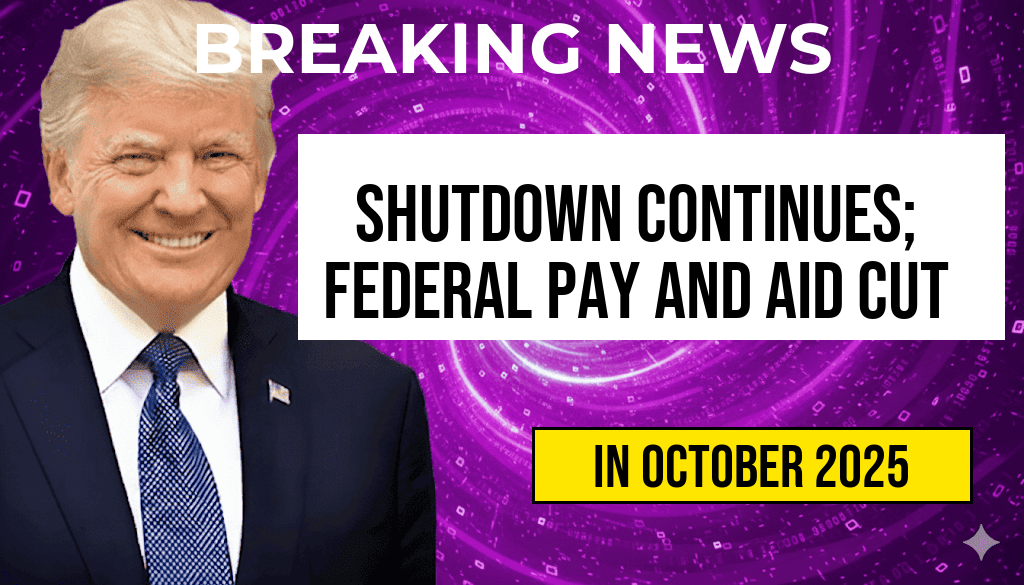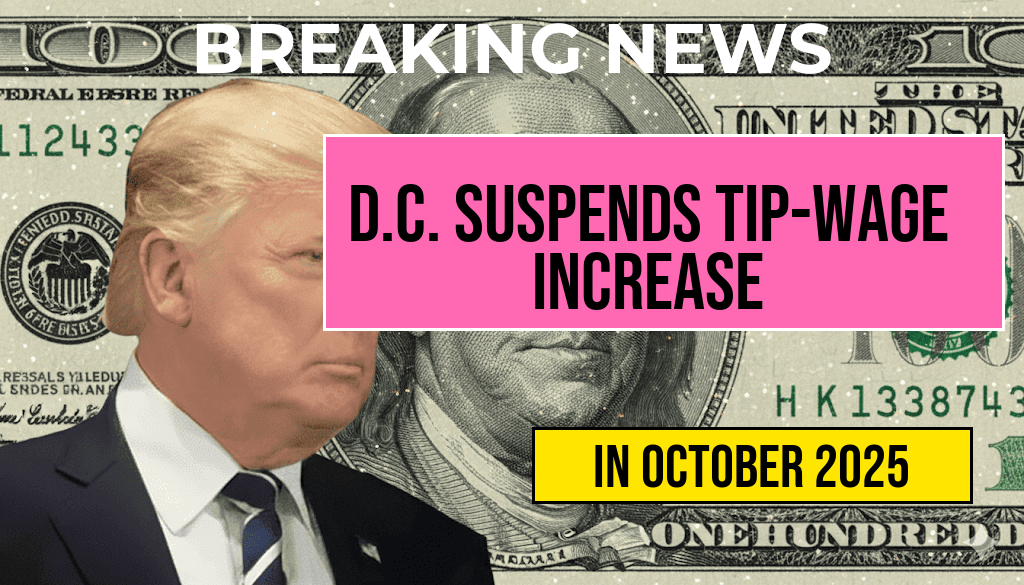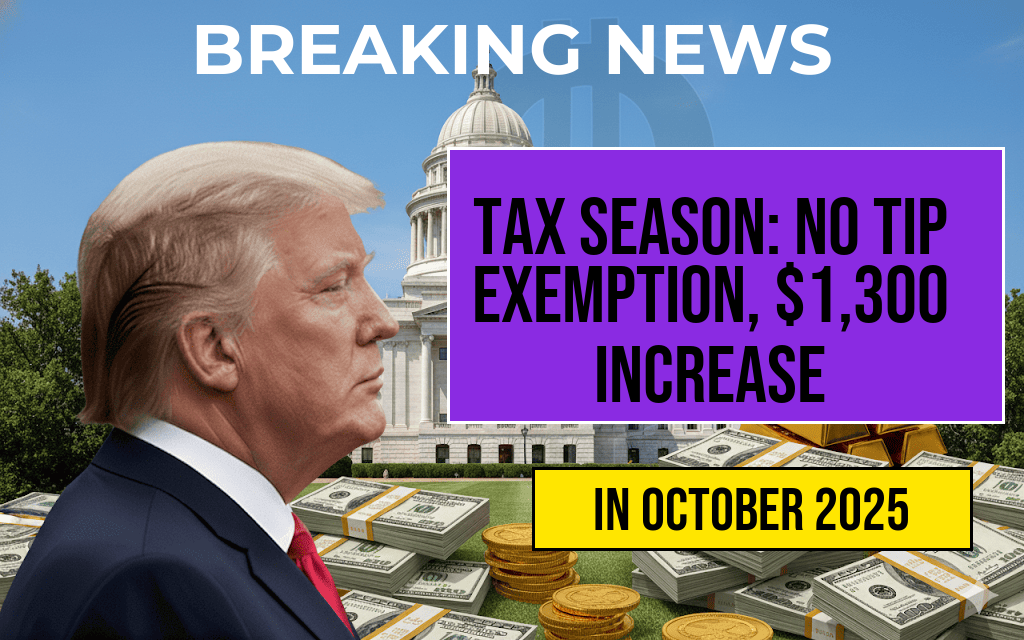The partial government shutdown entering its sixth day has left tens of thousands of federal employees without pay, disrupting essential services across multiple agencies. As negotiations stall in Congress, the financial strain extends beyond federal workers, with approximately $8 billion in Women, Infants, and Children (WIC) aid facing an indefinite halt. The shutdown underscores mounting political deadlock over funding commitments, raising concerns about the immediate impacts on vulnerable populations and the broader federal infrastructure.
Federal Employees Face Financial Uncertainty Amidst Shutdown
With no clear resolution in sight, thousands of federal workers are experiencing the most immediate consequences. Many are working without pay for days, forcing them to prioritize essentials like rent, groceries, and healthcare. The Office of Personnel Management estimates that over 800,000 federal employees have been furloughed or are working without pay since the shutdown began. Agencies such as the Department of Homeland Security, the Department of Agriculture, and the Justice Department are among those affected most severely.
Government Services and Operations Disrupted
- National parks and monuments remain largely inaccessible, with some closed entirely.
- Visa and passport processing delays are mounting, affecting travel plans for many Americans.
- Federal courts are operating at reduced capacity, delaying legal proceedings and filings.
- Critical health and safety inspections, including food safety oversight, are being postponed.
Impact on WIC Program: $8 Billion Aid at Risk
The WIC program, which provides nutrition assistance to pregnant women, new mothers, and young children, faces an uncertain future amid the shutdown. The Department of Agriculture announced that approximately $8 billion in funding for WIC services is at risk of being cut off temporarily, impacting over 6 million participants nationwide. Without federal funding, local clinics and vendors may struggle to continue providing nutritious foods and support services.
Potential Consequences for Vulnerable Populations
- Disruption in access to healthy foods for families relying on WIC benefits.
- Strain on local health clinics that depend on federal funds for staffing and supplies.
- Increased risk of malnutrition among infants and young children during the shutdown period.
Political Standoff Keeps Shutdown Unresolved
The impasse persists primarily over disagreements related to federal funding levels and policy provisions. Democratic leaders have called for a bipartisan approach to reopen the government, emphasizing the importance of protecting social programs like WIC. Conversely, Republican lawmakers are demanding concessions on immigration and border security measures before agreeing to additional funding.
Speaker of the House Kevin McCarthy stated, “We are committed to resolving this issue swiftly, but we must ensure that taxpayer dollars are used responsibly and that our border security is protected.” Meanwhile, Senate Democrats have urged their counterparts to prioritize reopening government services without further conditions.
Implications for Future Budget Negotiations
| Area Affected | Immediate Impact | Potential Long-term Consequences |
|---|---|---|
| Federal Workforce | Work without pay; furloughs increasing | Morale decline; recruitment challenges |
| Public Services | Disruptions in processing and access | Backlog of cases and services post-shutdown |
| Nutrition Assistance (WIC) | Funding cuts threaten program continuity | Increased food insecurity among vulnerable groups |
Broader Economic and Social Ramifications
The shutdown’s ripple effects extend beyond immediate government functions. Consumer confidence has waned as uncertainties grow, and local economies near federal facilities are experiencing downturns. Small businesses that rely on federal contracts face delays, while the stock market shows signs of volatility amid political uncertainty.
Economic analysts from organizations like Forbes warn that prolonged shutdowns can dampen GDP growth and complicate federal budget planning. Social services, including food assistance programs like WIC, serve as critical buffers during economic downturns, making their potential interruption especially concerning for public health and safety.
Next Steps and Prospects for Resolution
Both sides have signaled willingness to negotiate, but no concrete agreement has yet materialized. Congressional leaders are scheduled to meet in the coming days to attempt to bridge differences. Meanwhile, federal workers and recipients of social aid continue to navigate the uncertain landscape created by political gridlock.
As the shutdown persists, the pressure on lawmakers to find common ground intensifies. The coming days will reveal whether negotiations can produce a pathway to reopen government agencies and restore vital services, including the continuation of essential nutrition aid programs like WIC.
For ongoing updates on the shutdown and its impacts, visit trusted news outlets and official government sources such as White House and Congress.gov.
Frequently Asked Questions
What is the current status of the government shutdown?
The government shutdown has continued into its 6th day, leading to federal employees facing zero paychecks and disruptions to various federal services.
How does the shutdown affect federal employees?
Federal employees are currently not receiving their paychecks due to the shutdown, impacting their financial stability and daily expenses.
What is happening with the WIC program funding?
The WIC aid, which provides nutritional support to women and children, faces a potential cut of $8 billion, threatening to reduce assistance for many families.
What are the reasons behind the ongoing shutdown?
The shutdown persists due to political disagreements over federal funding priorities, preventing Congress from passing necessary appropriations bills.
How might the shutdown impact essential services and the economy?
The shutdown could lead to disruptions in essential government services and negatively affect the economy by reducing consumer and government spending during this period.






